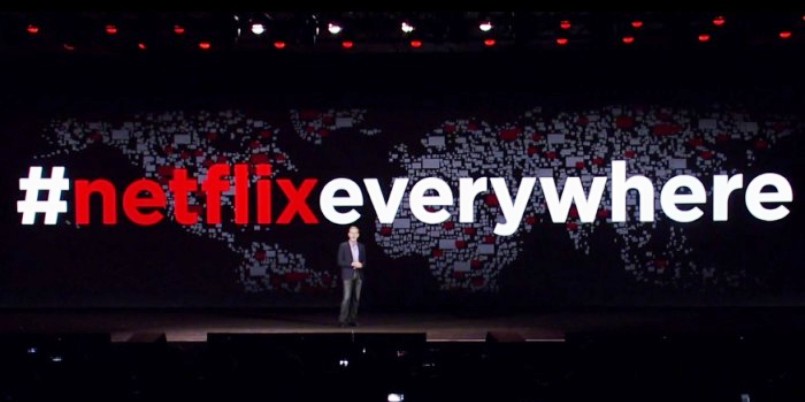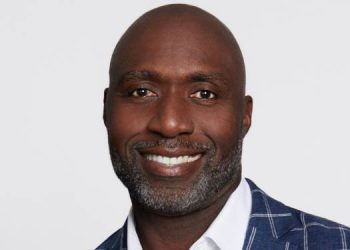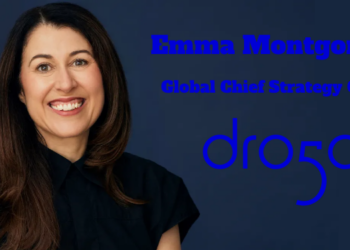Netflix has reached 75 million global members, having added a record 5.59 million members in Q4 2015 alone.
For Q1, the streaming service is forecasting 6.10 million net additions, compared to the prior year of 4.88 million. On earnings, the company stayed profitable in Q4 despite foreign exchange headwinds, and delivered operating income of $60 million and net income of $43 million. Netflix expects similar modest operating income results for Q1, assuming current foreign exchange, as it invests in international expansion.
In September, the service launched in Japan, followed by Spain, Portugal and Italy in October. Netflix’s international contribution loss of $109 million in Q4 increased sequentially due to these launches. For Q1, Netflix expects international losses of about $114 million.
Netflix announced at CES in January that the service is available everywhere in the world except China. As for that market, CEO Reed Hastings and CFO David Wells said: “We have work and uncertainty ahead. We are building relationships, understanding the market, and seeking the conditions we require to provide our service to entertainment lovers there. Our expectations are modest and long‐term. We may be able to get started this year and thus deliver on ‘whole world by end of 2016’ or it may take longer. Most of our focus is on the 130 countries we launched on January 6, which are now embracing Netflix as a new entertainment option.”
As for original content, in 2016, Netflix plans to launch more than 600 hours of original programming, up from about 450 hours in 2015. “Increasingly, our goal is to own more of our original programming to allow for greater creative and business control and to ensure global access to content,” Hastings and Wells said. “We are currently actively managing productions spanning the globe from Cambodia to Venice Beach.
“The growth of Netflix has created some anxiety among TV networks and calls to be fearful. Or, at the other extreme, an NBC executive recently said internet TV is overblown and that linear TV is ‘TV like God intended.’ Our investors are not as sure of God’s intentions for TV, and instead think that internet TV is a fundamentally better entertainment experience that will gain share for many years. The challenge for traditional media companies, most of whom see the future pretty clearly, is to use the revenue from Netflix and other SVOD services to fund both great content and their own evolution into internet TV networks. Seeso, BBC iPlayer, Hulu, CanalPlay, HBO Now and CBS All Access are the beginnings of these efforts.
“We are thrilled to be available worldwide ex‐China. What fun we are having making our service popular in Thailand, Poland, Australia, Chile, France and over 180 other countries.”

















